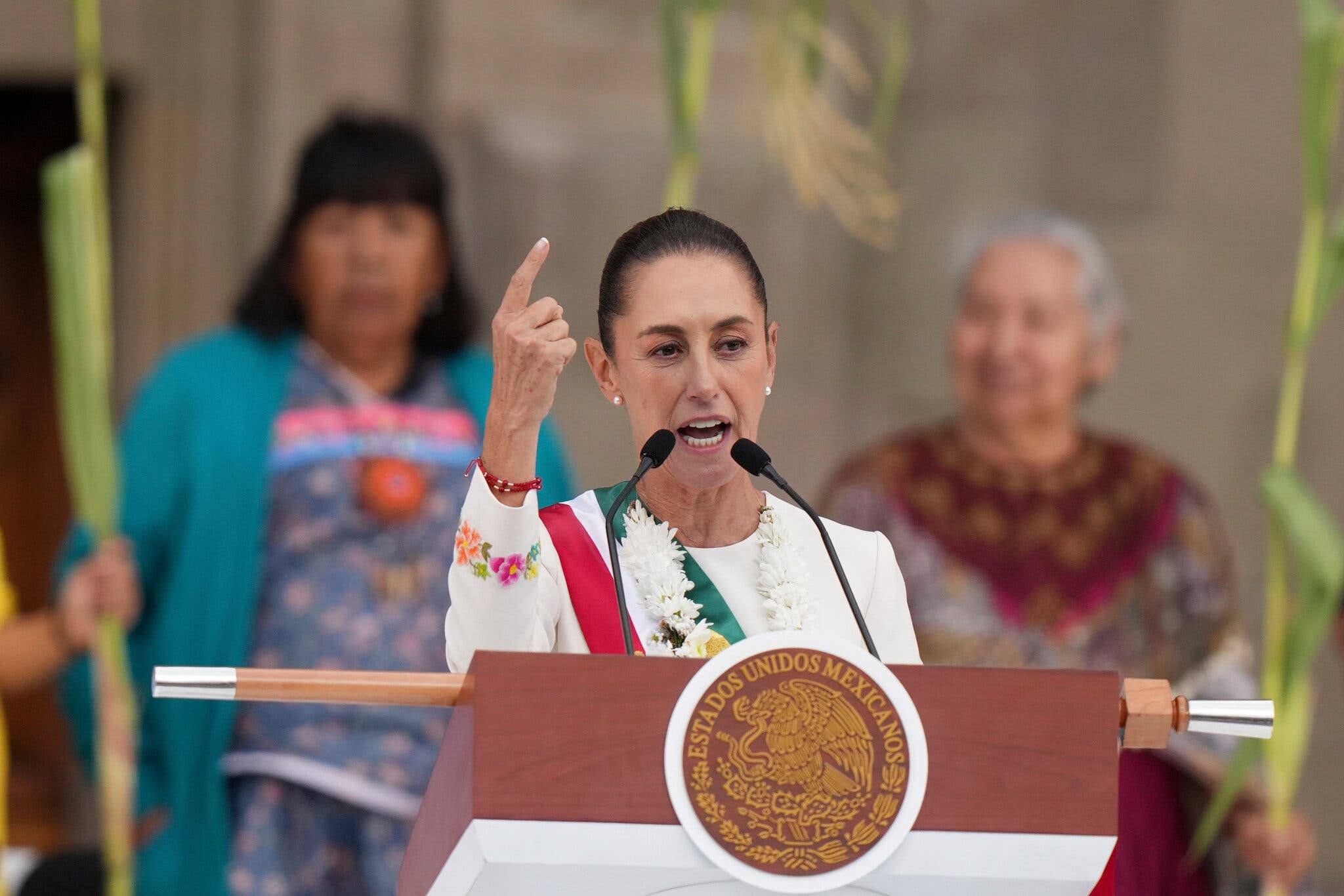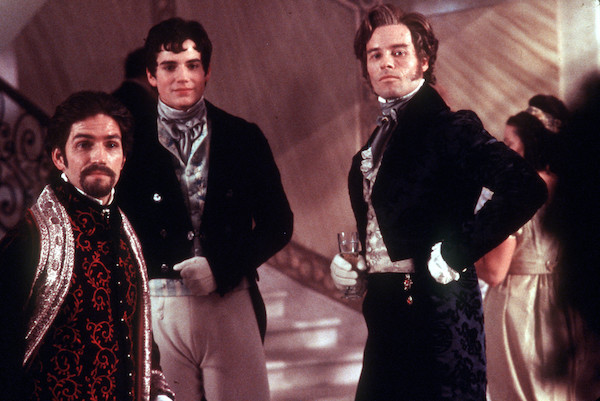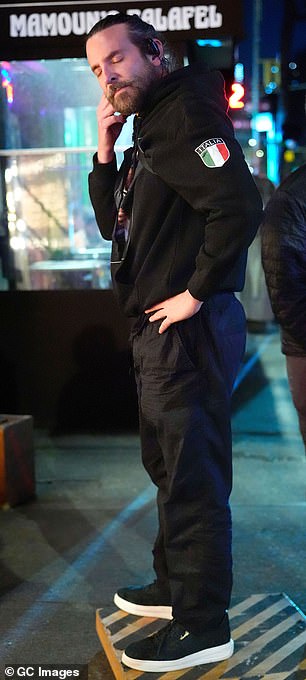The Count Of Monte Cristo: A Review For Modern Readers

Table of Contents
A Compelling Revenge Story for the 21st Century
Revenge narratives have always held a powerful allure, offering a vicarious thrill and exploring the dark side of human nature. The Count of Monte Cristo masterfully taps into this fascination, presenting a complex and morally ambiguous tale of vengeance. Edmond Dantès's journey, from wrongly imprisoned innocent to cunning mastermind, is both captivating and unsettling. Is his revenge justified? The novel doesn't offer easy answers, forcing readers to grapple with the emotional and ethical consequences of his actions.
- Examples of Edmond's meticulously planned revenge: Edmond systematically dismantles the lives of those who wronged him, using his newfound wealth and knowledge to manipulate events from the shadows. His schemes are intricate and often brilliantly executed, showcasing his intelligence and resourcefulness.
- The emotional toll of revenge on Edmond himself: While Edmond achieves his goals, the process leaves him profoundly changed. The pursuit of revenge isolates him, leaving him emotionally scarred despite his outward success. This internal conflict adds depth and complexity to the character.
- Comparison to modern revenge stories in film and literature: The novel's influence can be seen in countless modern revenge stories, from films like The Revenant to novels like Gone Girl. Yet, The Count of Monte Cristo arguably remains the benchmark, exploring the complexities of revenge with unmatched depth and nuance.
Themes of Betrayal, Justice, and Redemption in The Count of Monte Cristo
At its heart, The Count of Monte Cristo is a story about betrayal, justice, and the elusive concept of redemption. Edmond's unjust imprisonment stems from a web of deceit and treachery, expertly woven by those he trusted most. This betrayal fuels his relentless pursuit of vengeance, highlighting the corrosive power of injustice. The novel questions the very nature of justice, contrasting the flawed legal system with Edmond's personal brand of retribution. His journey, however, is not a simple progression towards redemption; instead, it presents a nuanced exploration of whether such forgiveness is even possible after suffering such profound loss.
- Examples of betrayal within the novel: The betrayal by Fernand Mondego, Danglars, and Villefort is multifaceted and deeply personal, highlighting the devastating impact of broken trust and ambition.
- The different types of justice explored (personal vs. societal): The novel contrasts the slow, often ineffective workings of the formal justice system with Edmond's swift and decisive acts of personal revenge. This contrast forces the reader to contemplate the limitations and potential failures of both approaches.
- Analysis of Edmond's character arc: Edmond's transformation from an innocent young man to the calculating Count of Monte Cristo is gradual but complete. The novel raises questions about the moral cost of revenge and whether true redemption is possible after such a drastic metamorphosis.
The Count of Monte Cristo's Relevance to Modern Readers
The enduring appeal of The Count of Monte Cristo lies in its timeless themes. Betrayal, injustice, ambition—these are universal human experiences that continue to resonate deeply with contemporary audiences. The novel's exploration of power, wealth, and social class remains strikingly relevant in today's world, mirroring contemporary anxieties around social mobility and inequality.
- Examples of modern parallels to the novel's themes: The themes of political corruption, social injustice, and the abuse of power find echoes in numerous contemporary events and social issues. The struggle for justice and the corrosive influence of ambition are as relevant today as they were in Dumas's time.
- Discussion of the novel's enduring popularity in different media adaptations: From film and television to video games, The Count of Monte Cristo continues to be reimagined and adapted, proving its enduring appeal across diverse media platforms.
- Relevance to themes of social mobility and inequality: The stark contrast between Edmond's poverty and subsequent wealth highlights the persistent inequalities present in society, a theme that remains powerful and relevant in the 21st century.
The Writing Style and Narrative Structure of The Count of Monte Cristo
Dumas's writing style is characterized by its vivid descriptions, engaging prose, and dramatic pacing. While the novel's length might intimidate some readers, its compelling narrative carries you through its extensive plot. The multi-layered plot, featuring numerous characters and intertwined storylines, creates a richly detailed and immersive reading experience. However, the length and occasional pacing inconsistencies are points to consider.
- Examples of Dumas's vivid descriptions and engaging prose: Dumas expertly paints a picture of 19th-century France, bringing the settings and characters to life with evocative language and detailed descriptions.
- Discussion of the novel's pacing and potential drawbacks (length): While the novel's length can be a challenge, the intricate plot and compelling characters make the investment worthwhile. However, readers may find the pacing uneven at times.
- Analysis of the multi-layered plot and its effectiveness: The intricate plot, with its numerous twists and turns, keeps the reader engaged and guessing until the very end, a testament to Dumas's skill as a storyteller.
Conclusion: Should You Read The Count of Monte Cristo?
The Count of Monte Cristo is more than just a classic adventure; it's a timeless exploration of human nature, justice, and the enduring power of revenge. Its intricate plot, unforgettable characters, and enduring themes make it a compelling and relevant read for modern audiences. Its exploration of betrayal, injustice, and the complexities of redemption continues to resonate, ensuring its place as a literary masterpiece. The reading experience of The Count of Monte Cristo offers a captivating journey into the heart of human ambition and the consequences of our choices. We strongly encourage you to pick up The Count of Monte Cristo and discover this epic tale for yourself. Embrace the Count of Monte Cristo experience—you won't regret it.

Featured Posts
-
 Sydney Sweeney And Jonathan Davino Breakup Rumors Spark After Solo Hotel Stay
May 04, 2025
Sydney Sweeney And Jonathan Davino Breakup Rumors Spark After Solo Hotel Stay
May 04, 2025 -
 No Trump Tariff Support Says Warren Buffett Report Debunked
May 04, 2025
No Trump Tariff Support Says Warren Buffett Report Debunked
May 04, 2025 -
 Body Positivity And Fitness Defending Lizzos Journey
May 04, 2025
Body Positivity And Fitness Defending Lizzos Journey
May 04, 2025 -
 Stone To Announce Virginia Derby Meet At Colonial Downs
May 04, 2025
Stone To Announce Virginia Derby Meet At Colonial Downs
May 04, 2025 -
 The Count Of Monte Cristo A Critical Review For Port Macquarie Readers
May 04, 2025
The Count Of Monte Cristo A Critical Review For Port Macquarie Readers
May 04, 2025
Latest Posts
-
 Canelo Alvarezs One Word Verdict On Jake Paul And Other Boxers
May 04, 2025
Canelo Alvarezs One Word Verdict On Jake Paul And Other Boxers
May 04, 2025 -
 Exclusive Photos Bradley Cooper Directs Will Arnett In New York City
May 04, 2025
Exclusive Photos Bradley Cooper Directs Will Arnett In New York City
May 04, 2025 -
 Nyc Filming Bradley Cooper And Will Arnett Spotted On Set Of Is This Thing On
May 04, 2025
Nyc Filming Bradley Cooper And Will Arnett Spotted On Set Of Is This Thing On
May 04, 2025 -
 New Details Emerge Gigi Hadid Talks About Bradley Cooper
May 04, 2025
New Details Emerge Gigi Hadid Talks About Bradley Cooper
May 04, 2025 -
 Novoe Intervyu Dzhidzhi Khadid Otnosheniya S Kuperom
May 04, 2025
Novoe Intervyu Dzhidzhi Khadid Otnosheniya S Kuperom
May 04, 2025
